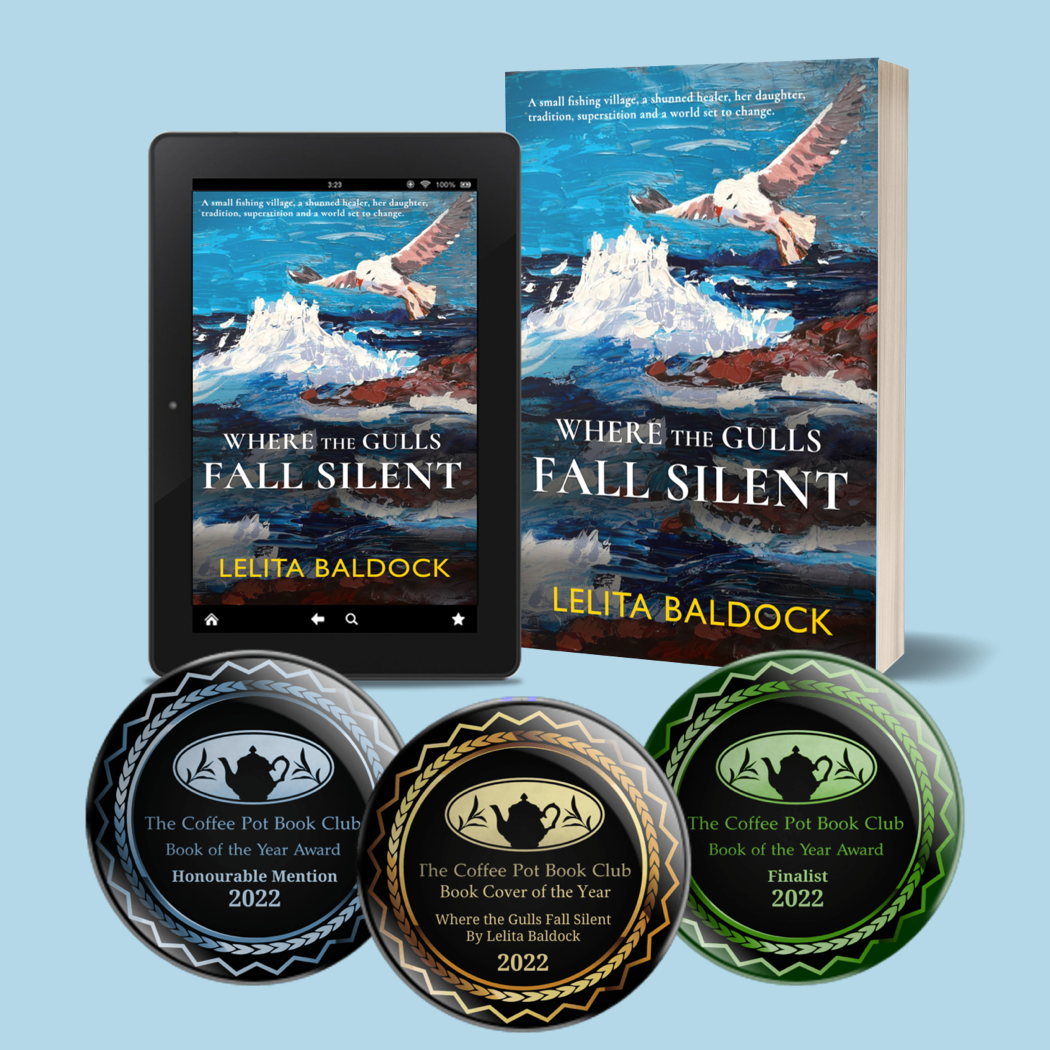One of my favourite parts of being an historical fiction writer is the interesting information you can turn up while researching.
Part of creating an engrossing and rewarding read is to show the time and place with honesty and accuracy.
But alongside the serious research there will always be the quirks that make places, people and cultures unique and fascinating.
Here are Five Fun Facts I found out about Cornwall while researching for my novel Where the Gulls Fall Silent.
1) The Cornish language is considered a 'Revived' language
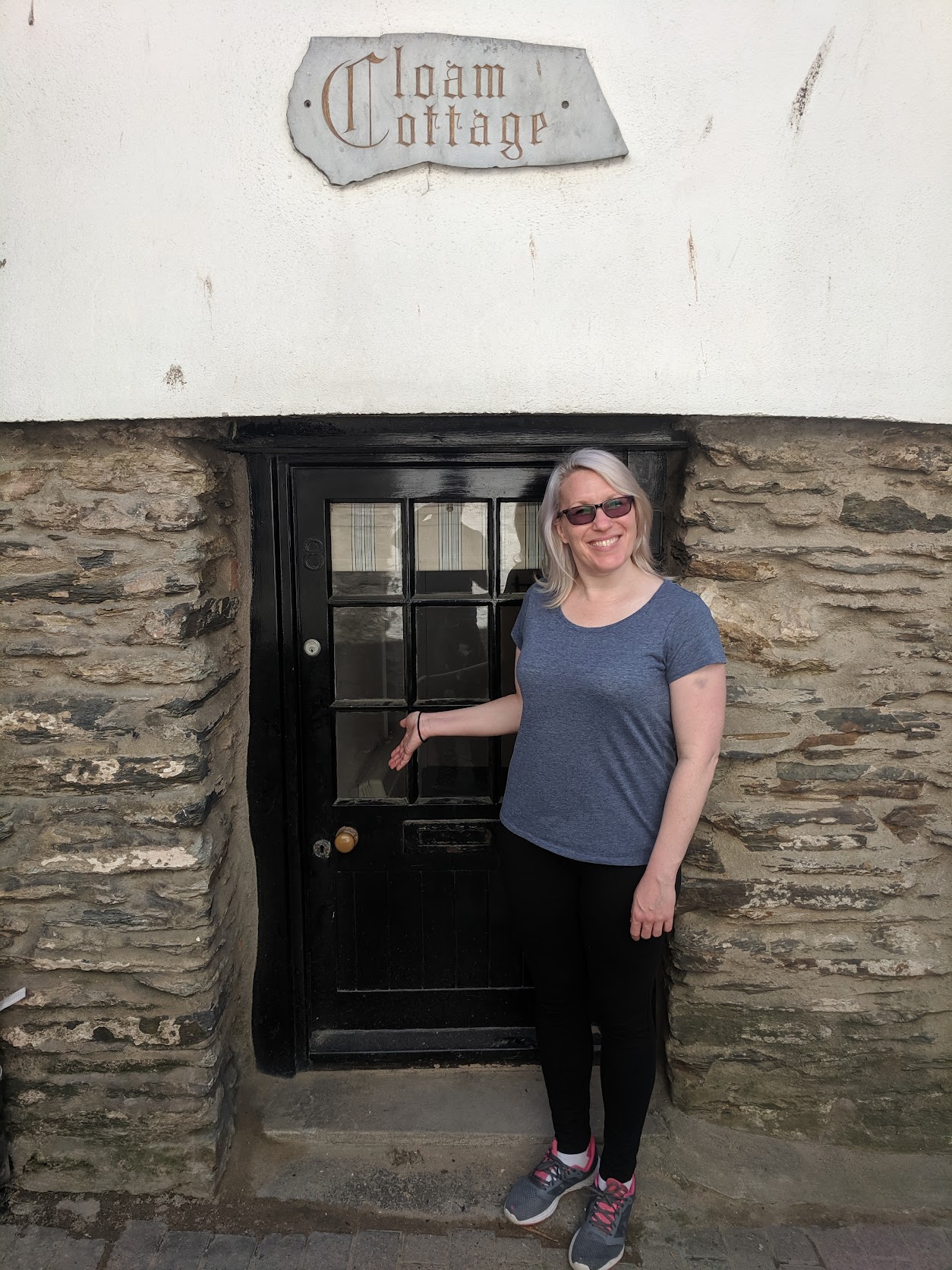
Defined as an extinct language by the end of the 1800s Cornish has at its root celtic connections, not old English, a result of the migration patterns across England over hundreds of years.
The Cornish Language is now considered a 'revived' language, with people choosing to actively learn it as part of rekindling and respecting their past and culture.
2) They used to mine under the sea
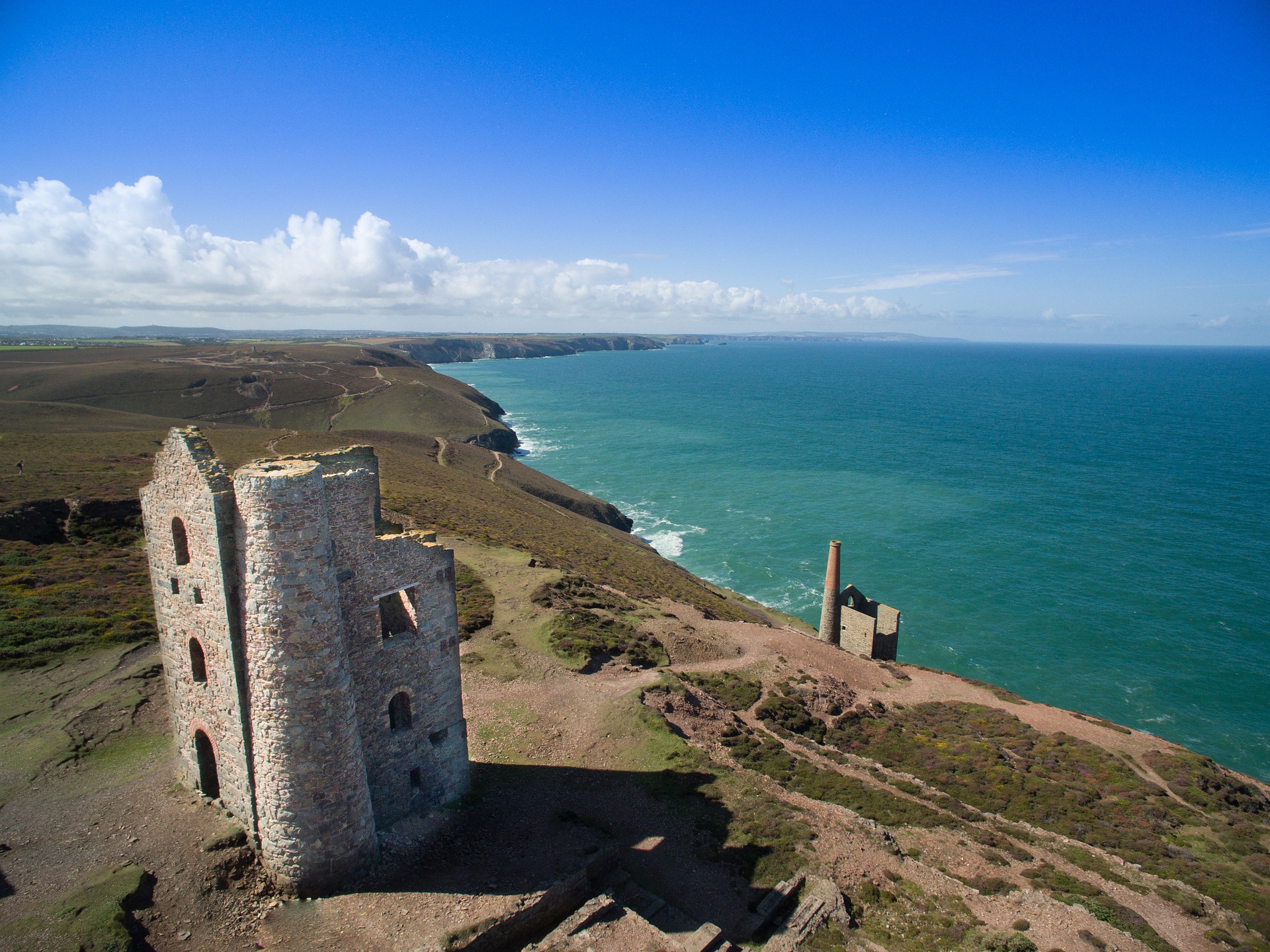
The Cornish coast has a rich and interesting history of mining. Rich in valuable minerals, as the fish stocks dwindled more and more men to turned to work beneath the earth to earn a living. The commercial desire for tin and copper made mining very profitable throughout the 1800s.
And they didn't let the coastline stop their exploration of earthly materials. Mines, such as that at St Johns in Southern Cornwall had mining shafts that stretched off the coast, tunnelling under the ocean waters. Tall chimneys of stone were build above ground to funnel air into the long, deep tunnels. Sometimes billows were worked by men to push the air down, but over time engine power replaced this taxing manual task.
When working under the waters off the coast, men reported hearing the shifting rocks as the waves rolled them along the seabed, and a pervasive scent of salt from ocean water that found its way into the tunnel through leaks and cracks.
3) They really did make pies with fish heads sticking out of them
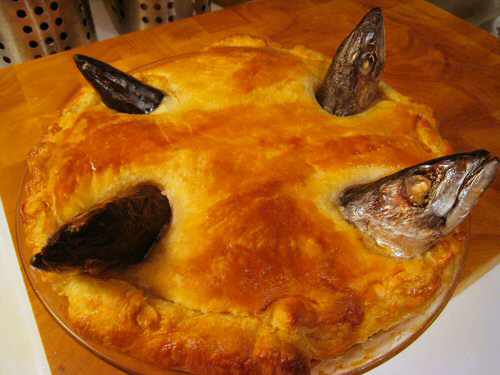
Being a coastal part of Britain, it is natural that fish formed a large part of the Cornish diet. And they wasted nothing. All parts of the fish were used in pies, stews, broths and more. Including fish heads. Rumoured to have first been baked in Mousehole during a particularly lean time for the locals, the stargazy pie that featured a round of fish heads, complete with eyes, looking out of the pie crust (star-gazing) became a common and festive way to serve the traditional staple, particularly in the winter months.
4) Pirates raided the coastal villages and the Government had to step in
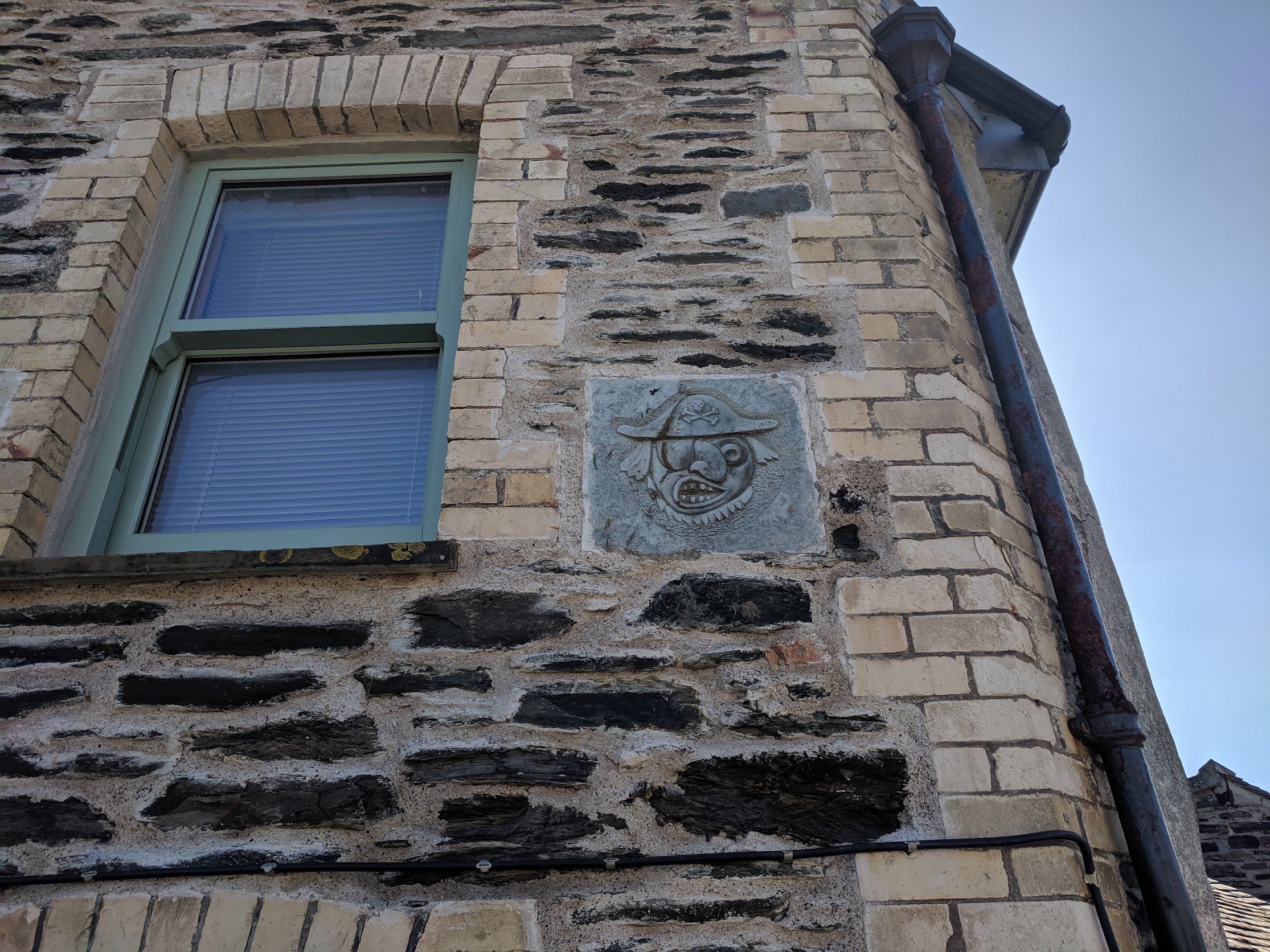
Stories of swashbuckling pirates abound in our modern culture, but we rend to think of it more as a Caribbean tale. However throughout the 1500s to 1800s (and even up to the early 1900s) Cornwall had a very real and very scary pirate problem
Slavers from Algeria would raid the small coastal villages, stealing into the sleeping towns and kidnapping the people for sale in the slave markets of Africa. Things got so bad that the King had to send one of his most esteemed Captains, Captain James Cornewall, to patrol the Atlantic coast and secure British waters.
5) A paste made of crushed black spiders was a 'remedy' for bites and stings
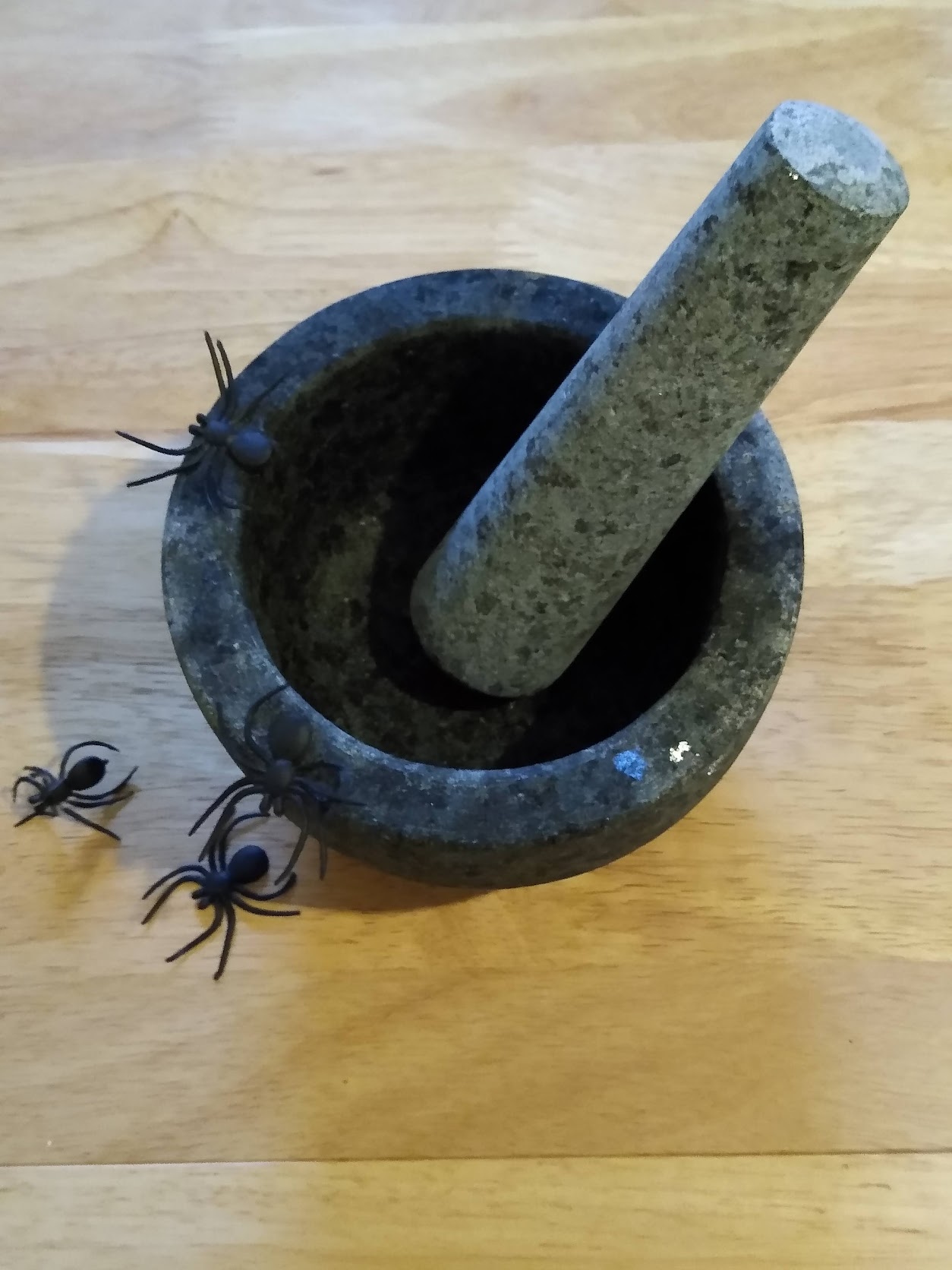
The Cornish were a people of traditions and superstitions. Perhaps drawn from their reliance on the land to provide food and shelter, many remedies for common conditions were found using wild herbs and teas. Thyme and sage for disinfectant for example.
While many of these traditional remedies have been found to have a level of efficacy, proven through modern science, a paste of black spiders does not.
Made by crushing up the bodies of black spiders, this paste was used as a salve on bites and stings to 'draw out' the poison and soothe the wound. Sometimes it was also lathered over the chests and backs of those suffering from coughs.
Dark, macabre, and completely ineffective!
Well, there you have it! Five Fun Facts about Cornwall. Come back next month for my next installement focusing on the City of Light herself: Paris!
If you are looking for a novel that explores life in the past on the Cornish Coast, consider my novel Where the Gulls Fall Silent - available through Amazon.
